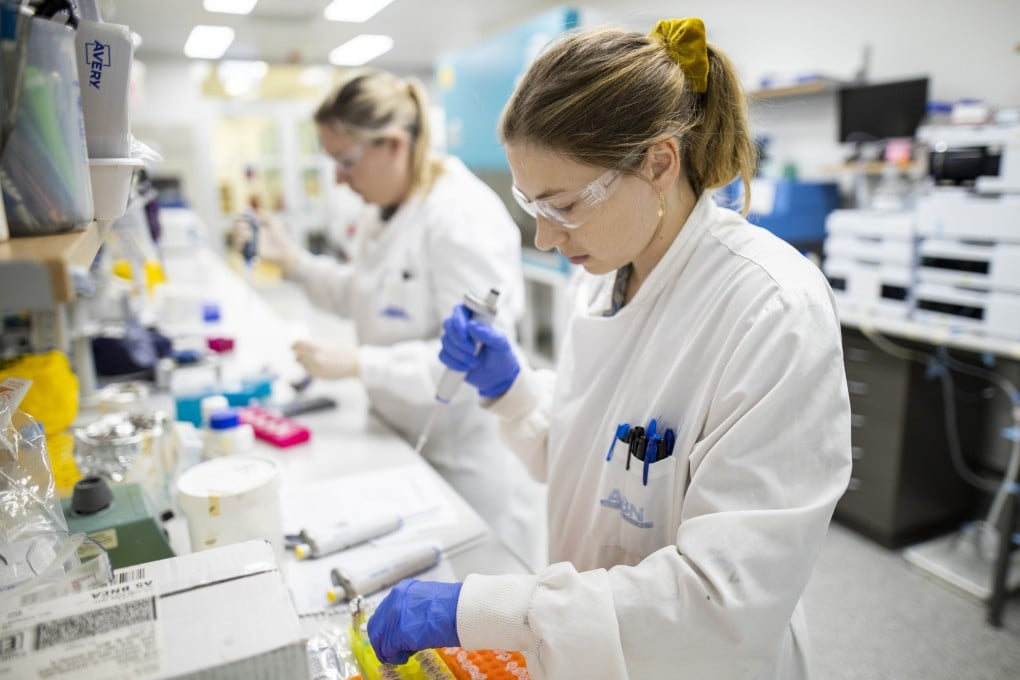As Australia and Japan universities guard tech research, could China fears affect competitiveness?
- Amid US-China tensions, Australian and Japanese universities are acting to prevent transfer of sensitive technologies by foreign researchers
- But universities have to balance spying fears with healthy academic collaboration and staying competitive, analysts say

When Wang Ximing (not his real name), a recent Chinese graduate in nano materials and technology, started looking into universities to pursue postgraduate studies some time back, Japan was his top choice.
But the 23-year-old, who asked to use a pseudonym for privacy reasons, is having serious second thoughts amid reports that Japanese institutions are now required to hand over to the government details of foreigners studying in “sensitive” science and technology subjects.
These include areas such as artificial intelligence (AI), quantum cryptography and drone technology, which have both civilian and military applications.
“Even though the Japanese government did not explicitly say so, from what I have read, it is quite obvious that they are targeting Chinese students,” Wang said. “I also read that Chinese students’ visas are recently more heavily screened to prevent us from stealing advanced technology.”

Wang, who comes from the northeastern province of Liaoning, attended Beihang University in Beijing – one of seven Chinese universities dubbed the “Seven Sons of National Defence” which are known for their close ties to China’s military and defence industry.
“Given my background, I am sure I will either be heavily scrutinised or even rejected, so there is really no point in trying,” Wang said.